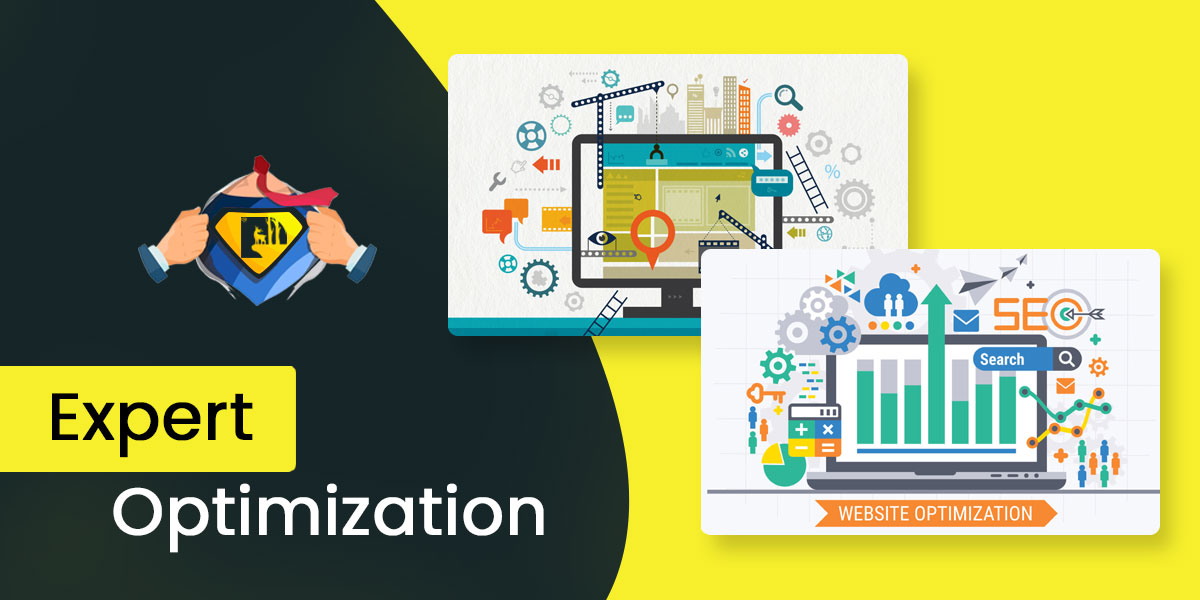Supercharge Your Website Speed: Expert Tips for Optimization
In the digital age, a captivating online presence is more than just a virtual storefront – it’s a powerful tool to attract, engage, and convert potential clients. A beautifully designed lead generation website is the cornerstone of your business’s success, seamlessly merging aesthetics with strategic functionality to draw in visitors and turn them into loyal clients.
admin


Optimize Images
Large images are one of the primary culprits behind slow-loading websites. Compress and resize images without compromising quality to reduce their file size. Utilize modern image formats like WebP that offer superior compression. Content Delivery Networks (CDNs) can also help distribute images from servers closer to the user, reducing load times.
Minimize HTTP Requests
Every element on your web page, be it an image, stylesheet, or script, requires an HTTP request to load. Minimize these requests by combining CSS and JavaScript files and reducing the number of external resources. Aim to streamline your website’s design and functionality while maintaining its visual appeal.
Leverage Browser Caching
Browser caching allows certain elements of your website to be stored on a user’s device. This means that when they revisit your site, their browser doesn’t need to re-download all the elements. Set expiration dates for static resources to ensure returning visitors experience faster load times.
Enable GZIP Compression
GZIP compression significantly reduces the size of your web page files before they’re sent to the browser. This leads to faster loading times, especially for text-based content. Most web servers and content management systems allow you to enable GZIP compression easily.
Minify CSS and JavaScript
Minification involves removing unnecessary characters like spaces and line breaks from your CSS and JavaScript files. Smaller files are quicker to load, contributing to a speedier website. Several tools are available online to automate this process.
Prioritize Above-the-Fold Content
Above-the-fold content refers to what users see before scrolling down. Load essential elements, like headlines, images, and calls to action, first to provide an impression of a fast-loading website. Delay loading non-essential content, like images below the fold, until the user scrolls down.
Choose a Fast Web Hosting Provider
Your choice of web hosting provider can significantly impact your website’s speed. Opt for a hosting plan that offers fast servers, reliable uptime, and scalable resources. A dedicated or managed hosting solution might be beneficial for resource-intensive websites.
Monitor and Optimize Plugins
If you’re using a content management system like WordPress, plugins can enhance functionality. However, excessive plugins can slow down your site. Regularly review and remove unnecessary plugins, and opt for lightweight alternatives when possible.
Test and Measure Performance
Regularly test your website’s performance using tools like Google PageSpeed Insights, GTmetrix, or Pingdom. These tools provide insights into areas where improvements can be made. Monitor changes you make to see their impact on load times.
Stay Updated
Keep your website’s platform, themes, plugins, and scripts up to date. Developers often release updates that improve performance and security. Staying current ensures you’re leveraging the latest optimizations.
Questions About Wabsite?
It seems like you’re looking for information or assistance regarding questions related to websites. Could you please provide more specific questions or topics you’d like to know about?

